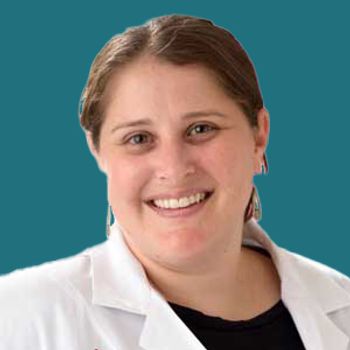
Tami John, MD, a clinical associate professor at Stanford Medicine, emphasized the need to build community among patients with TDT.

Tami John, MD, a clinical associate professor at Stanford Medicine, emphasized the need to build community among patients with TDT.

Catch up on the latest news, breakthroughs, and announcements from biotechnology companies making advancements in cell and gene therapies.

The IND clearance enables the company to start a first-in-human phase 1 clinical trial for the gene therapy.

Catch up on any of the key data updates you may have missed last month, with coverage highlights from the CGTLive™ team.
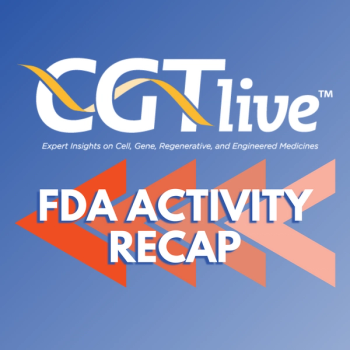
Catch up on any of the key FDA news stories you may have missed last month, with coverage highlights from the CGTLive® team.

Tami John, MD, a clinical associate professor at Stanford Medicine, discussed considerations for using beti-cel and exa-cel for TDT in the clinic.

Tami John, MD, a clinical associate professor at Stanford Medicine, also provided background about the current state of care in TDT.
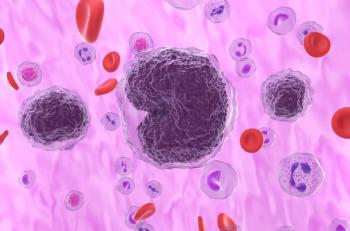
The 3 FDA-approved CAR T-cell therapies showed comparable survival outcomes in DLBCL over a 3-year period.

Review top news and interview highlights from the week ending June 27, 2025.
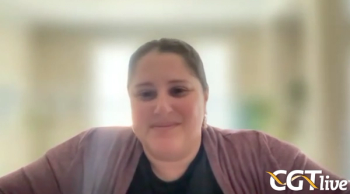
The clinical associate professor at Stanford Medicine emphasized the need to build community among patients with TDT.

The clinical associate professor at Stanford Medicine discussed considerations for using beti-cel and exa-cel for TDT in the clinic.
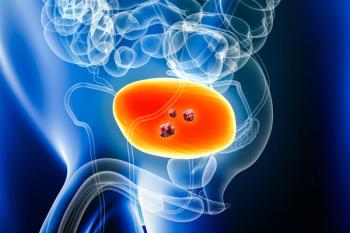
The gene therapy is currently being evaluated in the phase 1/2 LEGEND clinical trial.

Catch up on the latest news, breakthroughs, and announcements from biotechnology companies making advancements in cell and gene therapies.
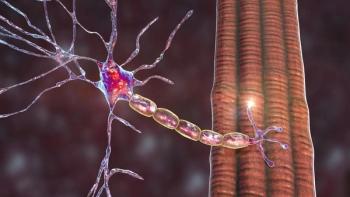
The FDA stated that it is assessing the risk of ALF that results in hospitalization or death after treatment and whether additional regulatory measures will be necessary.

The clinical associate professor at Stanford Medicine also provided background about the current state of care in TDT.

In a mid-cycle review meeting, the agency also noted that the review committee found no major deficiencies with the BLA package.
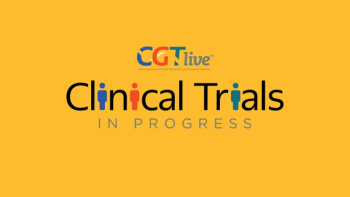
The study, which may enroll from 20 to 200 participants in total, will administer the DC-CTL cells 1 to 2 days after the patients have received conventional antitumor therapy.

Peter Cook, PhD, a senior research scientist at Seattle Children’s Research Institute, discussed preclinical work on using dimerizing agent-regulated immune-receptor complex T-cells to target plasma cells.

Brian Kim, MBA, the chief executive officer of Mission Bio, also discussed the company’s plans for collaboration.
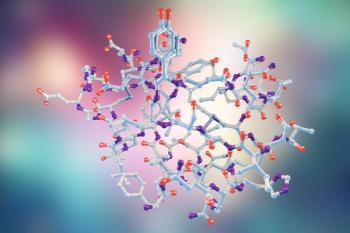
The patients also showed cessation of severe hypoglycemia events and hit recommended glycemic control targets.

Review top news and interview highlights from the week ending June 20, 2025.

Brian Kim, MBA, the chief executive officer of Mission Bio, discussed the company’s single cell assay platform in the context of the broader developing field cell and gene therapy field.
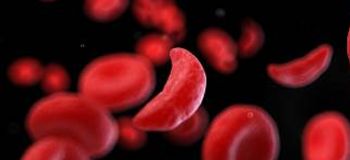
In honor of World Sickle Cell Day, observed annually on June 19, we took a look back at news and expert insights from the past year in cell and gene therapy for SCD.

Mind Moments®, a podcast from our sister site NeurologyLive®, held an exclusive interview with Rajesh Pahwa, MD.

Catch up on the latest news, breakthroughs, and announcements from biotechnology companies making advancements in cell and gene therapies.

In honor of Alzheimer's & Brain Awareness Month, observed annually in June, we took a look back at recent news and insights in cell and gene therapy for Alzheimer disease and other dementias.
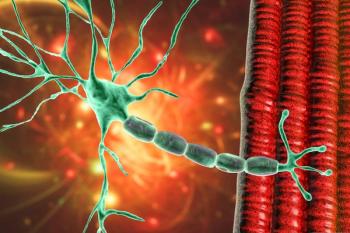
In light of the patient’s death, Sarepta put a temporary hold on shipments of Elevidys for patients who are nonambulatory.
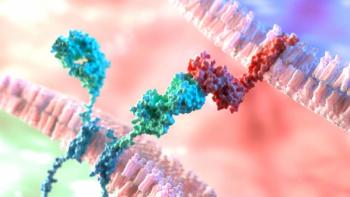
In observance of Myasthenia Gravis Awareness Month, held annually in June, we took a look back at the past year's progress in bringing CAR-T to this autoimmune disease.
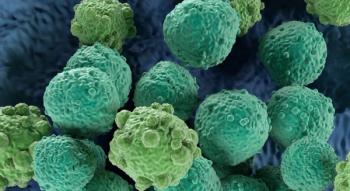
The hematologist at the Hematology and Stem Cell Transplants Unit of Fondazione Policlinico Universitario A. Gemelli IRCCS in Rome discussed a study on the effect of comorbidities in patients receiving CAR-T.

Beam Therapeutics’ team provided insight on data the company presented at EHA's 2025 Congress.